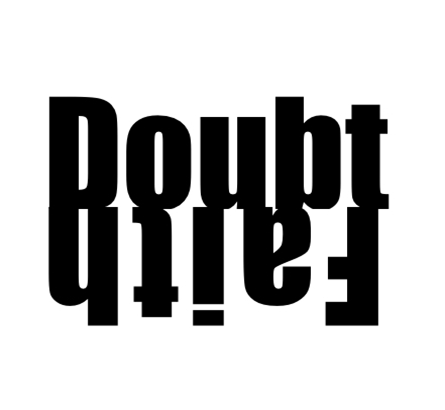We all grew up reading the story of Narcissus and his eventual discovery of his reflection. And that led us to think of narcissistic people as grandiose and larger than life. I am seeing, more and more, and reading/studying about our narcissistic culture of entitlement. It is fascinating to see how social media and declining religiosity in America is resulting in narcissists flourishing in troubled families and vulnerable religious and social communities.
You see, the narcissist needs more than his own picture of himself. His own picture, in the mirror, is seen as inferior and flawed. So he looks to others for affirmation and respect, for support of an illusion. He expects them to support the image he wants to see. He wants to be superior, so he expects others to think of him as superior. He wants to be admirable and desirable and powerful, so he expects the people around him to tell him he is these things. They are supposed to praise him in ways reality does not.
What if our mirrors do not show us what we like? Most people, especially in Lent take time to do a spiritual inventory and make some changes. Narcissists, however, will preen, cajole, manipulate and avoid any sort of honest appraisal of their lives and habits. There is an unhealthy dose of denial and inability to recognize how their life affects everyone around them.
The day a narcissist realizes you are no longer under the spell, that you can see them for what they are, they are done with you. The moment he sees disagreement or judgment in your eyes, things will change. You are no longer important, no longer a friend, no longer a relationship to cultivate and cherish. Now you are a badly placed mirror. And when you stop being the mirror they want, then you are no longer of use. I have counseled many people left on this abandoned and burned out end, still unsure what has happened.
God wants more of us than this culture obsessed with itself. It may seem sad, or even harsh, but the best thing we can do for our family and friends is to simply stop reflecting any sort of false image. Stop playing the game. Stop feeding our culture of entitlement. Speak the truth in love.
Jesus went into the wilderness where he encountered many fraudulent mirrors and offers that Satan tried to hold before him. He rejected them all. Can we be astute enough to do the same? Can we be honest enough with one another to reject games and false motives? Lent gives us the gift of weeding out any narcissism within us and learning to see ourselves in God's eyes, as God's image, called to love and serve others, called to be a part of a community gathered as the Body of Christ.

















